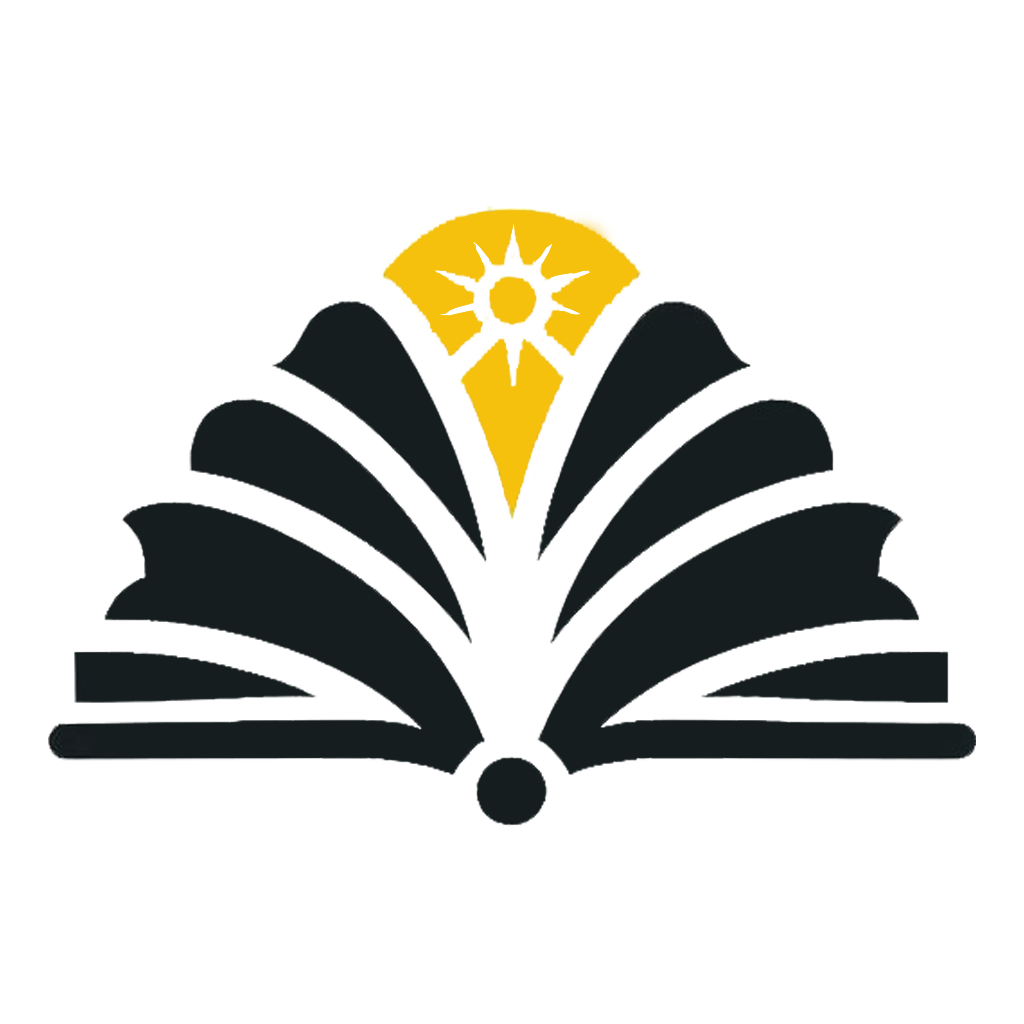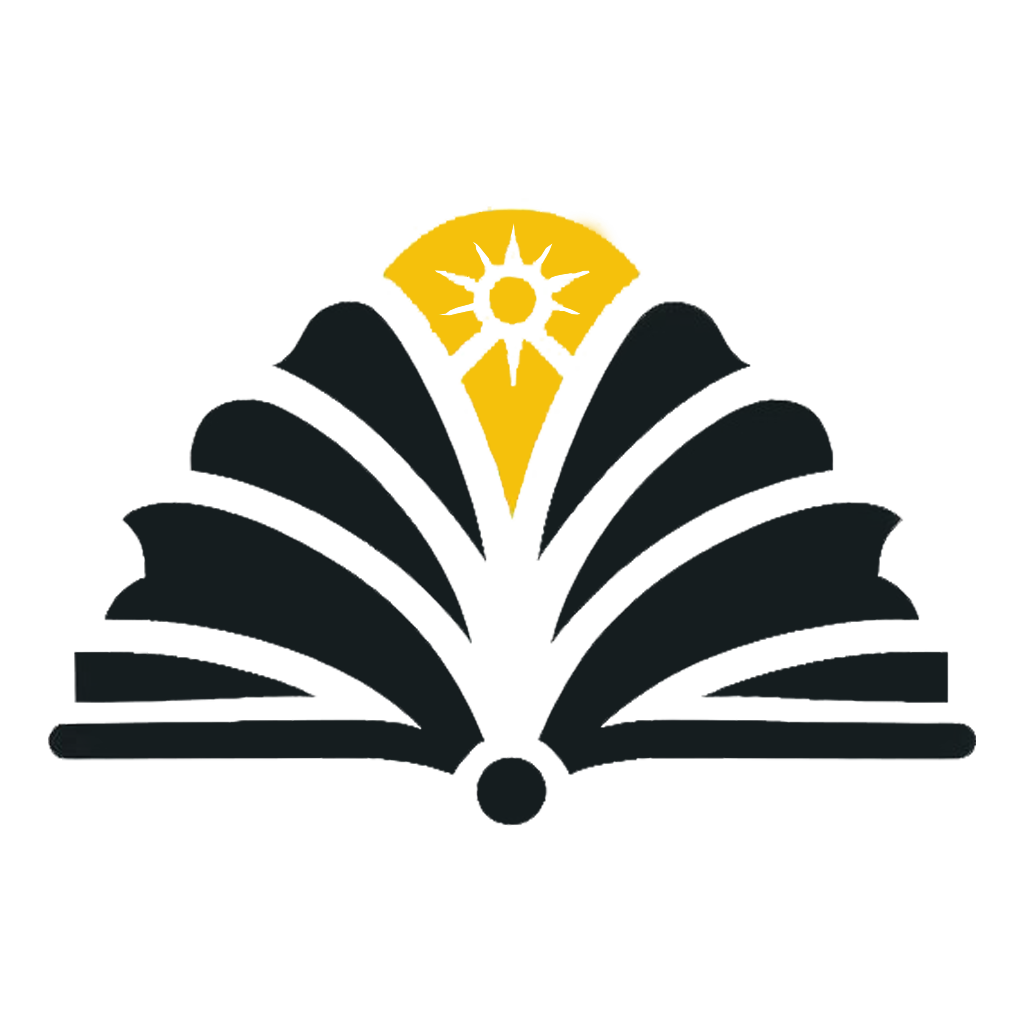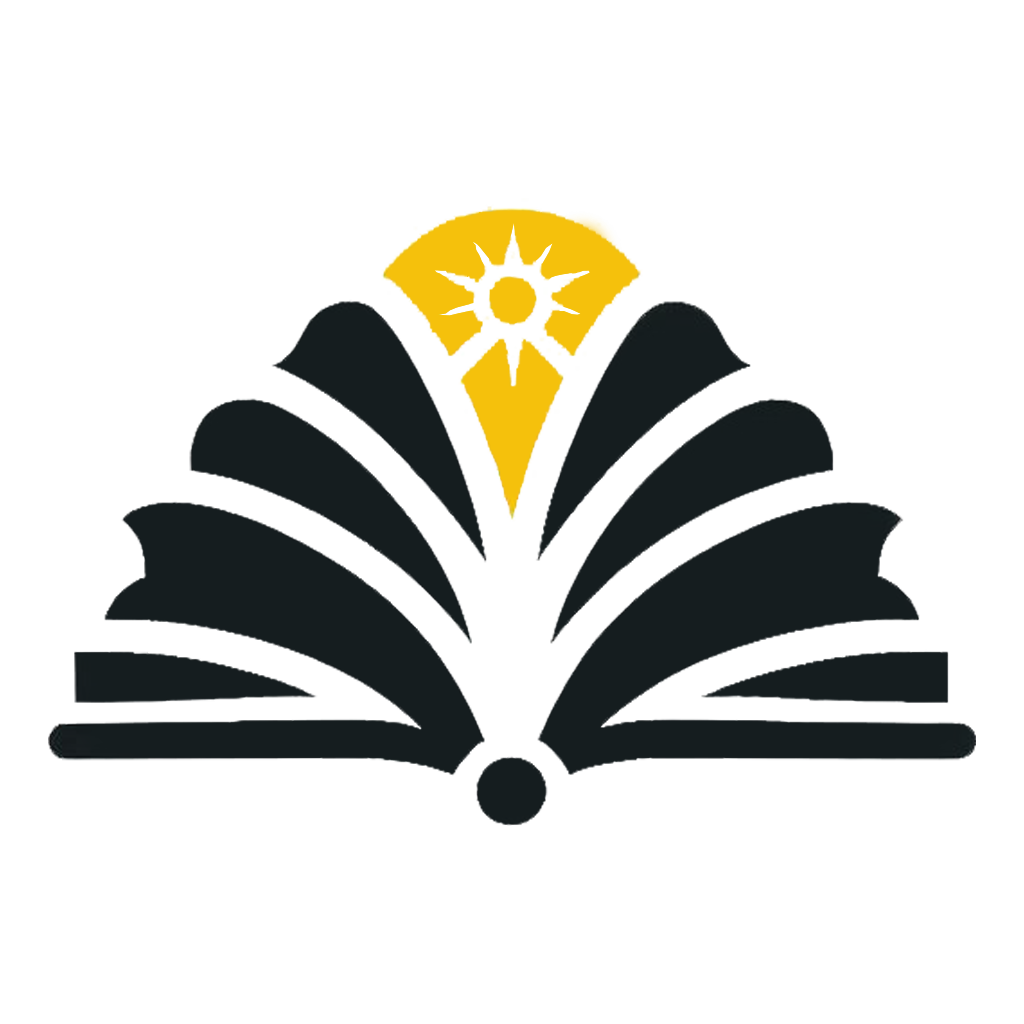The Rich Tapestry of Kurdish Language
The Kurdish language, part of the Indo-Iranian branch of the Indo-European language family, is a testament to the rich cultural heritage of the Kurdish people. With its diverse dialects and historical significance, Kurdish serves as a vital link to Kurdish identity and traditions.
Key Facts about Kurdish Language
- Spoken by approximately 20-30 million people worldwide
- Primary language in parts of Turkey, Iran, Iraq, and Syria
- Consists of several major dialect groups
- Uses different writing systems depending on the region
- Recognized as an official language in Iraq and as a minority language in several countries
Major Kurdish Dialects
Kurdish is not a monolithic language but rather a collection of related dialects. The main dialect groups include:
Writing Systems
Kurdish is written using different alphabets, depending on the region and historical influences:
Latin Alphabet
Used for Kurmanji in Turkey and Syria
Example: A B C Ç D E Ê F G H I Î J K L M N O P Q R S Ş T U Û V W X Y Z
Arabic-Persian Alphabet
Used for Sorani in Iraq and Iran
Example: ا ب پ ت ج چ ح خ د ر ڕ ز ژ س ش ع غ ف ڤ ق ک گ ل ڵ م ن و ۆ ه ی
Linguistic Features
Kurdish has several distinctive linguistic features:
- SOV (Subject-Object-Verb) word order
- Grammatical gender (masculine and feminine)
- Complex system of verb conjugation
- Rich vocabulary with many loanwords from Persian, Arabic, and Turkish
- Ezafe construction for connecting words in a phrase
Dialect Comparison
To illustrate the differences and similarities between Kurdish dialects, here are some common words in different dialects:
Hello
Kurmanji: Silav
Sorani: Slław
Gorani: Sılam
Zazaki: Silame
Goodbye
Kurmanji: Xatirê te
Sorani: Xwa hafiz
Gorani: Xuda hafiz
Zazaki: Xatır be
Thank you
Kurmanji: Spas
Sorani: Supas
Gorani: Sipas
Zazaki: Teşekur kenam
Water
Kurmanji: Av
Sorani: Aw
Gorani: Aw
Zazaki: Aw
Language Status and Preservation
The status of the Kurdish language varies across different countries:
- Iraq: Official language alongside Arabic
- Iran: Recognized minority language, limited official use
- Turkey: Historically suppressed, now allowed in private education and some media
- Syria: Limited recognition, used in some educational and cultural contexts
Efforts to preserve and promote Kurdish include:
- Development of Kurdish language education programs
- Publication of Kurdish literature and media
- Creation of Kurdish language institutes and research centers
- Use of Kurdish in digital platforms and social media
Kurdish in Literature and Media
Kurdish has a rich literary tradition, with notable works in poetry, prose, and folklore. In recent years, there has been a growth in Kurdish-language media, including:
- Television channels (e.g., Kurdistan TV, Rudaw)
- Radio stations
- Online news portals
- Social media content
Challenges and Future Prospects
The Kurdish language faces several challenges:
- Political restrictions in some countries
- Lack of standardization across dialects
- Limited resources for language education and research
- Competition with dominant languages in respective regions
However, there are also positive developments:
- Increasing recognition of Kurdish language rights
- Growing interest in Kurdish studies internationally
- Expansion of Kurdish language use in digital domains
- Efforts to create a standardized Kurdish language for formal contexts
Did You Know?
The Kurdish language has influenced and borrowed from many neighboring languages, reflecting the rich cultural interactions in the region. For example, Kurdish has loanwords from Persian, Arabic, Turkish, Armenian, and even some words of Indian origin!
Conclusion
The Kurdish language, with its diverse dialects and rich history, is an integral part of Kurdish identity and culture. Despite facing challenges, the language continues to evolve and adapt, serving as a powerful tool for cultural expression and preservation. As Kurdish communities around the world strive to maintain and promote their linguistic heritage, the Kurdish language remains a vibrant and dynamic aspect of the global linguistic landscape.



